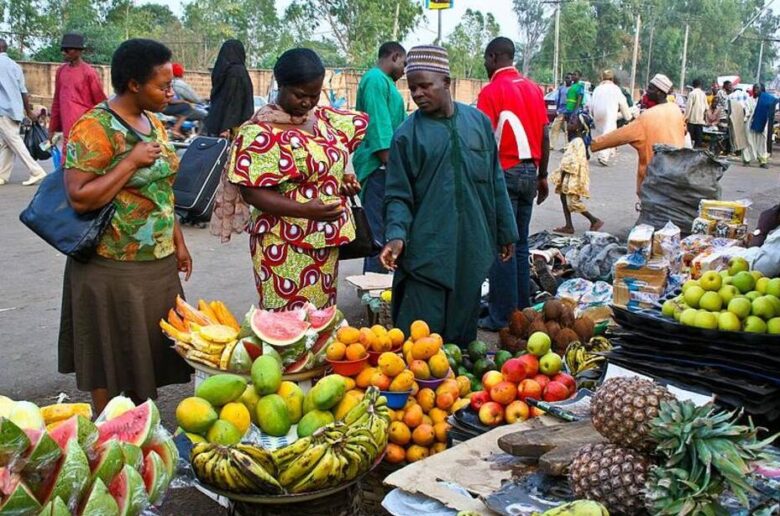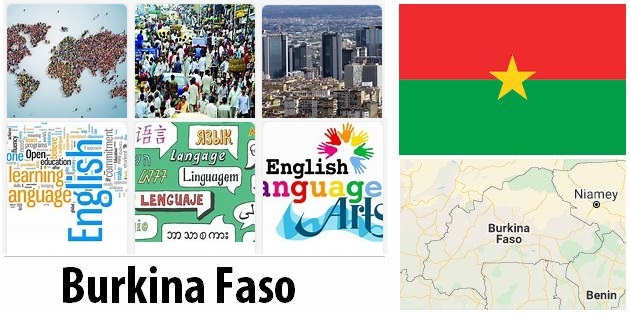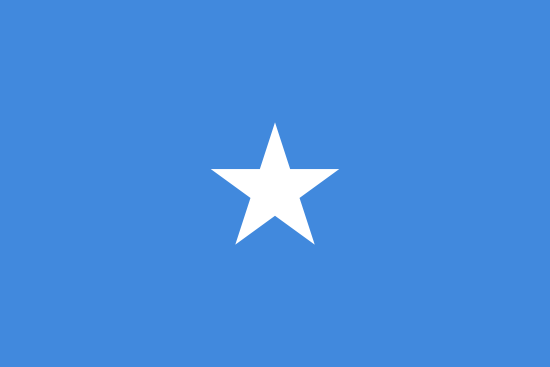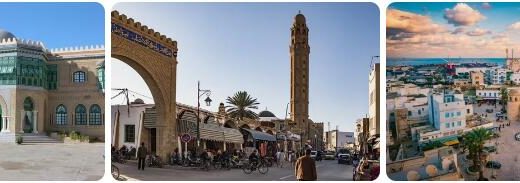Nigeria Development Policy
Millennium Development Goals and Sustainable Development Goals
Despite the immense wealth of oil, around 70% of Nigerians live below the subsistence level and have to survive on less than one US dollar a day. In 2000, all 189 member states of the United Nations (UN) committed themselves to achieving the eight Millennium Development Goals (MDGs) by 2015. The Nigerian government tried to achieve these development goals with the “National Poverty Eradication Program (NAPEP) ” and the poverty reduction strategy paper “Poverty Reduction Strategy Paper (PRSP) – National Economic Empowerment Development Strategy (NEEDS)”.
According to ezinereligion, Nigeria was successful in the areas of access to basic education, gender equality in education, reducing the spread of HIV diseases, and improving the health of mother and child, but ultimately failed to achieve any of the development goals set.
On September 25, 2015, the member states of the United Nations adopted the 2030 Agenda for Sustainable Development “Sustainable Development Goals (SDGs) “. The agenda contains 17 goals. such as ending poverty and hunger, improving health and education and combating climate change. These goals are to be achieved by the governments that signed the agenda by 2030. The report “A National Voluntary Review” provides information on the state of implementation of the Sustainable Development Goals (SDGs) in Nigeria.
According to the “World Poverty Clock” from 2018, Nigeria will definitely not achieve SDG goal number 1 (No Poverty) by 2030 to eradicate extreme poverty. According to the report, extreme poverty has even increased in recent years, overtaking India and DR Congo. According to this, over 80% of the approximately 190 million Nigerians live below the poverty line – and the trend is rising.
Domestic development efforts
There are programs to combat poverty both at the state level, the “State Economic Empowerment Strategy” (SEEDS), and at the local level, the “Local Economic Empowerment and Development Strategy” (LEEDS).
Numerous non-governmental organizations in the country are active in the areas of poverty reduction and sustainable development. Women’s organizations, of which “Women In Nigeria (WIN)” is the best known, have always played an important role in traditional Nigerian life. Nigerians in the diaspora are also committed to development in their homeland.
On December 6, 2010, the Nigerian environmental and human rights activist Nnimmo Bassey was awarded the Alternative Nobel Prize. The chairman of the environmental protection organization “Friends of the Earth International”, who became known with the motto “Leave the oil in the soil”, was recognized for his revelations on the ecological and human disasters that triggered by the oil production in the Niger Delta, as well as for his commitment to more environmental awareness in Nigeria. For more than 20 years, Nnimmo Bassey has been fighting for better living conditions in the Niger Delta.
Foreign development efforts
Nigeria’s largest foreign donor nations and organizations include the World Bank, the European Union, the USA, Great Britain, Germany, Canada and France.
Other international organizations such as the International Monetary Fund (IMF), the United Nations Development Program (UNDP), the Organization for Economic Cooperation and Development (OECD) and the Commonwealth of Nations make an important contribution to the development of the country by working with Nigeria.
There is also intensive cooperation between Nigeria and regional organizations such as the “African Development Bank Group”, the “African Union (AU)”, the “New Partnership for Africa’s Development” (NEPAD) “and the” Economic Community of West African States (ECOWAS) “. As part of the African Peer Review Mechanism (APRM) – a core element of the NEPAD program – Nigeria successfully completed the four-stage review process in 2008.
German development and aid organizations
The Nigerian Civil War from 1967 to 1970 sparked one of the largest humanitarian relief efforts since World War II. The UN estimates that the humanitarian aid saved the lives of around one million children. From today’s perspective, the situation at that time is the hour of birth of humanitarian aid.
Since 1999 – thanks to its democratic development during President Obasanjo’s term in office – Nigeria has once again become an official partner country of German development cooperation. In previous years, the cooperation had been discontinued due to the undemocratic government under Abacha. Since the resumption of development cooperation, there have been numerous German government cooperation projects.
The German government development cooperation programs are implemented by the Deutsche Gesellschaft für Internationale Zusammenarbeit (GIZ) and the Reconstruction Loan Corporation (KfW) in the form of technical and financial cooperation. The focal points of bilateral development cooperation are in particular “sustainable economic development” (SEDIN) and “energy policy advice “, especially in the areas of renewable energies, energy efficiency and rural electrification. GIZ also supports the improvement of vocational training in the particularly labor-intensive areas of agriculture and construction.
The German political foundations are also active in the field of development cooperation in Nigeria. The Friedrich-Ebert-Stiftung (FES) works primarily in the areas of “strengthening democracy and freedom of the press” and “promoting trade unions”, while the Konrad-Adenauer-Stiftung (KAS) is particularly committed to “strengthening political participation ”, such as being involved in elections. The Heinrich Böll Foundation (HBS) works mainly in the areas of “democracy” and “good governance”, “women’s rights and empowerment of women” as well as “crisis prevention and conflict management”.
Church organizations such as the Christian Blind Mission (CBM), AGIAMONDO, Misereor and Caritas International are primarily involved in rural development, in interreligious dialogue and in work with internally displaced persons.
In addition, the German Bundeswehr is also involved in social projects in Nigeria. The advisory group of the Bundeswehr is involved, for example, in setting up training centers for vocational training and thus promotes the training of mechatronic engineers. In the north of the country, the German armed forces are also building a rehabilitation center in a military hospital, in which in future the injured from the fighting against Boko Haram can be treated.
In the media sector, Deutsche Welle is active in Nigeria. As part of the training program, Nigerian journalists are placed every year for internships at Deutsche Welle. In 2017, Deutsche Welle also held a media dialogue in Lagos, in which young German and Nigerian journalists exchanged ideas on the topics of digitization, start-up culture and new media. In addition, Deutsche Welle has been offering a Hausa radio program – a language spoken by around half of the Nigerian population – for more than 50 years.
The Goethe-Institut in Nigeria is active in the field of culture and language and promotes cultural exchange between Germany and Nigeria. For example, the Goethe-Institut initiates film series, exhibitions, concerts, seminars and festivals.
A large number of other organizations, for example from the economic sector, non-governmental organizations or private associations such as the association of associations and hospital doctors, which financed the Noma Hospital in Sokoto (in northern Nigeria), among others, should also be mentioned. Individuals and organizations such as the German Leprosy and Tuberculosis Aid (DAHW), SOS Children’s Villages, Plan International and Doctors Without Borders (Médecins Sans Frontières – MSF) are active in various country-specific activities.
In a partnership between the German state of Saxony-Anhalt and the Nigerian state of Osun, specialists and young professionals in the field of agriculture have been trained since 2000 under the title “Osun-Germany Agricultural Cooperation”. The project aims to learn from each other by training interns and students in soil laboratories and “best practice farms” and to make agriculture attractive to young people.



